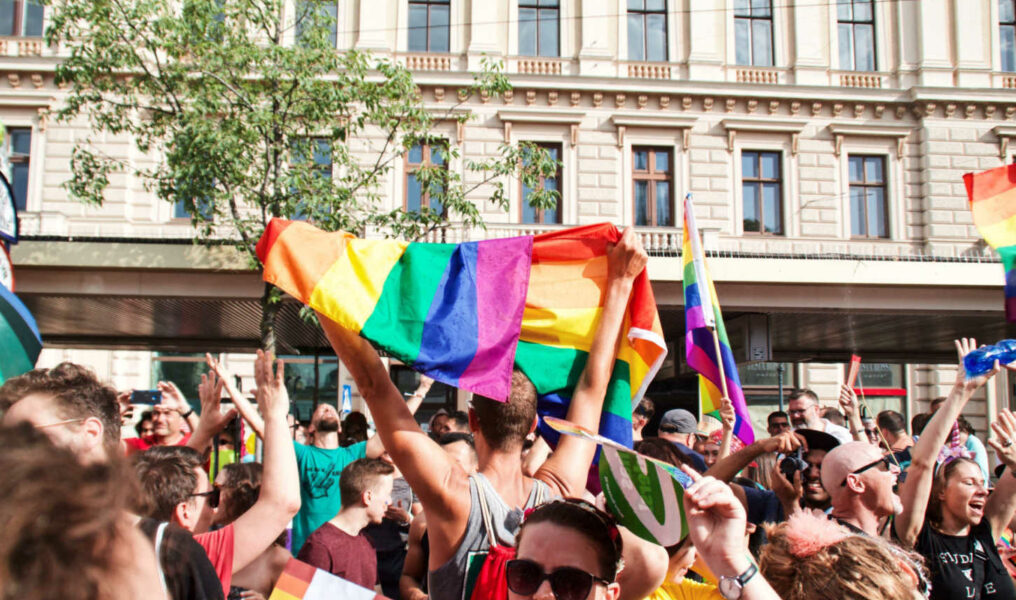Redistricting to align with the new U.S. Census results has become a hot-button political issue for a host of reasons. The way states redraw their maps will have lasting consequences for voters and communities at large. That's why LGBTQ Victory Fund is working to ensure LGBTQ+ communities are represented fairly and that they are not split up as the maps are redrawn.
"We Belong Together" will consider the LGBTQ+ community a "community of interest," similar to Black and brown communities, and redistrict mapped areas. The plan is to focus on states with independent redistricting commissions, including Michigan, Colorado and Arizona.
"[We launched 'We Belong Together'] to make sure LGBTQ voices are heard in the redistricting process," explains Sean Meloy, Victory Fund vice president. "And to ensure that we, as a community, stay together and are not purposefully underrepresented. So that in the long term, we're making it clear that we need to be represented and counted."
The fund will rely on various resources to determine how to draw the lines, including the most recent census data, information from local organizations, listings of LGBTQ+ businesses and, surprisingly, anti-LGBTQ+ crime reports. One of those organizations is Equality Michigan.
"Redistricting affects who can get elected and what they are likely to do once in office," says Erin Knott, Equality Michigan's executive director. "It is an important process that complements the growing desire for government to look more like the communities they serve. Lack of representation has enormous consequences because LGBTQ+ people serving as elected officials are best positioned to defend against anti-LGBTQ+ legislative attacks and to change the hearts and minds of colleagues in supporting inclusive policies."
Knott says Equality Michigan is working with the community to gather information and welcomes individuals to speak on this issue.
The "We Belong Together" campaign is not the first time LGBTQ+ communities have been included in redistricting; this is, however, the most extensive and intentional campaign.
California's redistricting efforts in 1975 helped San Francisco Supervisor Harvey Milk win his election when the Castro, a predominantly LGBTQ+ neighborhood, was added to his voting district. Another example is the 2011 redistricting campaign pursued by Equality California.
"[W]e're very much inspired by our friends out in Equality California," continues Moley. "They helped engage around this idea with the new independent redistricting commission's last redistricting cycle in 2011. They helped compile data, and they worked to present it to the redistricting commission which then, in turn, drew some LGBTQ-friendly districts around these communities. We're hoping that's able to happen in not only independent commissions, but in other states and certainly at the local level across the country."










